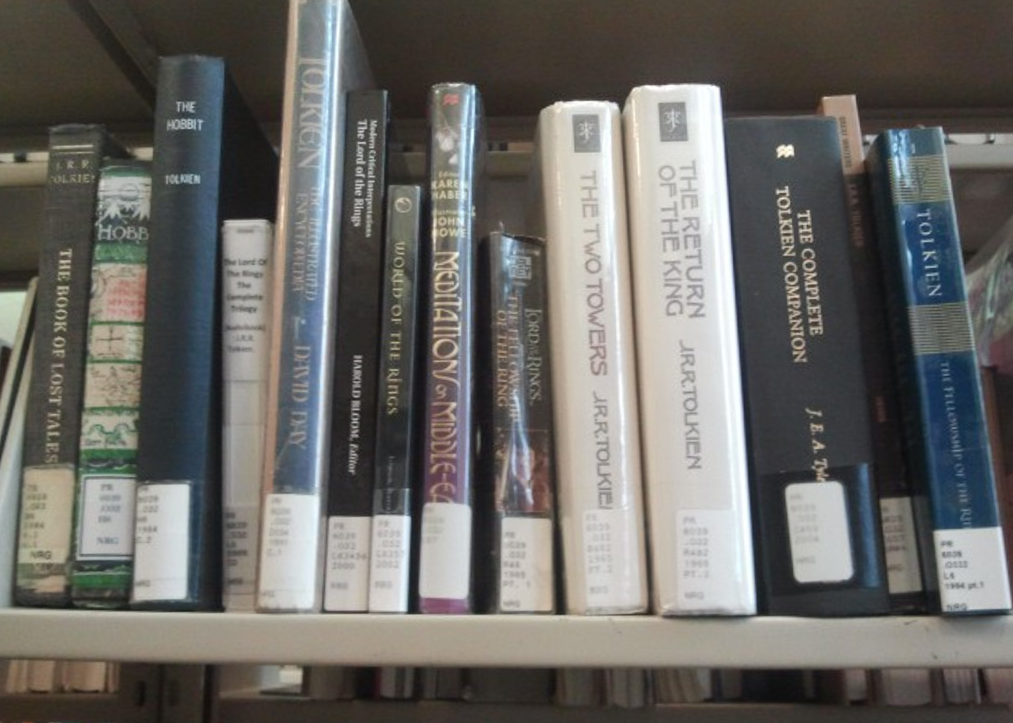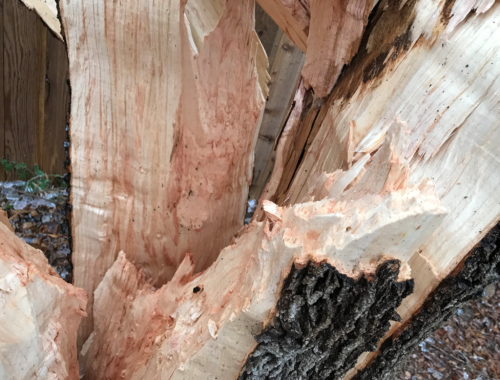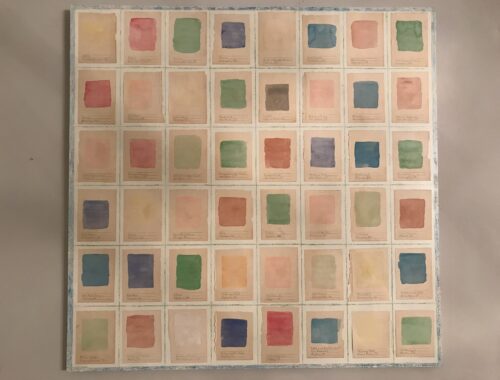
Finding Our Words and Voices
The earliest library I have a clear memory of was the school library in Wrangell, Alaska, where I first learned to read while my classmates were out screaming and running around on the (cold and rainy) playground or in the (warm but loud) multi-purpose room; next, was the public library in an 1898 Gold-Rush-era fire-hazard of a house converted by Skagway, Alaska, to hold its wide assortment of musty-smelling books. My reading skills far outpaced my developmental stage for the first many years, and in addition to loving the usual suspects for a young girl, I found my way to titles that were wildly inappropriate. In that ongoing exploratory and ambitious process, though, I also determined to read Moby Dick the summer I was ten, and I did. Although at the time I didn’t have any idea what to do with Ahab and his quest—and the list of vocabulary words I needed to look up was long, the context complicated enough to not give me adequate clues—the wildness of it spoke to my soul and my lived experience; there was a resonance as I made my way through the pages; there was profound satisfaction as I accomplished my goal. Later—and under my father’s direction, during his tenure as Skagway’s mayor—the city (/village of just 750 residents) built a new library, warm and light and accessible, filled with new volumes of crisp, new paper—including series of “great books,” international cookbooks, and magazine subscriptions—as well as filmstrips and movie reels and world music LP’s. My brain was hungry to learn, to move beyond the mountains that hemmed in our narrow town; my heart calibrated the resonance for which authors and stories fell flat for me and which others caused my soul to soar.
As soon as I walked through the door, all the librarians I knew in the 1970s and 80s asked, “What can I help you find?” and they are still asking this liberating, empowering question, in addition now to being tasked with holding so much safe space for those experiencing homelessness, and, increasingly, to defending the books themselves and access to them. In this current environment requiring heroic advocacy, Library Journal recently awarded its “Librarian of the Year” to a team of five librarians at the Brooklyn Public Library, who are staff members of the “Books Unbanned” team: Leigh Hurwitz, Amy Mikel, Nick Higgins and Karen Keys, and Jackson Gomes. Together, they run the program that offers Brooklyn Library cards for “electronic access to its digital and audio collections to readers in places where restrictions could remove books from libraries and classrooms” (NYT online 1/4/2023); 6,000 teenagers have requested cards since the program began last spring, and those teenagers have made 52,000 checkouts. Some of those books may be ones that the teenagers’ parents would rather they didn’t read; some of those checkouts the teenagers themselves may not enjoy, banned or not. In the process, though, of searching and reading, of allowing expansion of the mind and heart, the librarians already know and the teenagers will learn that the perennial question’s answers are: “Myself, and my place in this wide world.”




